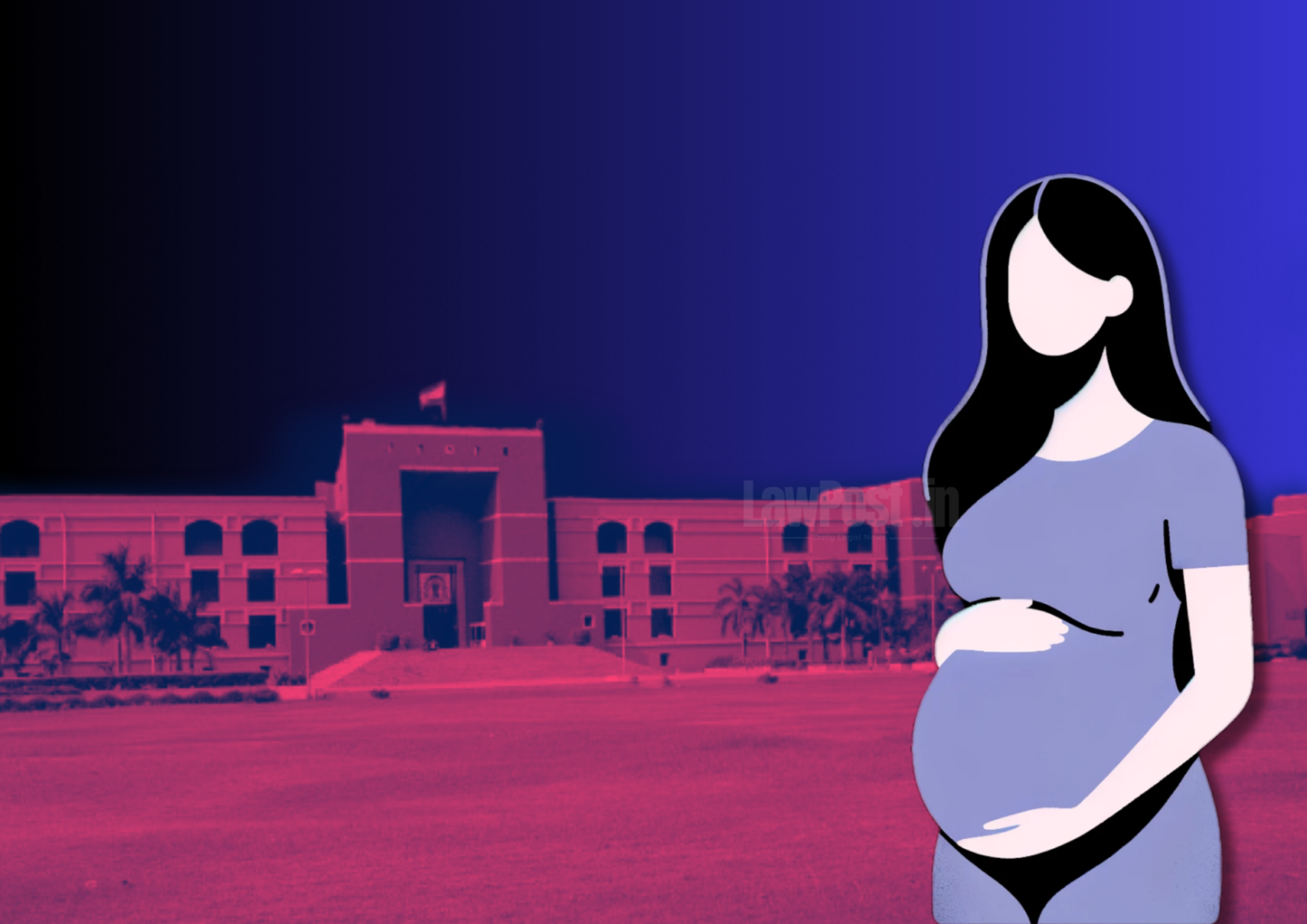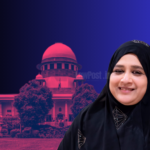The Gujarat High Court has laid down comprehensive guidelines for medical boards to follow when evaluating termination requests in sensitive cases, like that of a 16-year-old alleged rape survivor seeking to end her over-24-week pregnancy. The order, issued on November 8 by Justice Sanjeev J. Thaker, emphasizes prioritizing the physical and emotional well-being of the pregnant individual, not solely adhering to statutory criteria.
The court’s ruling underscores that medical practitioners and boards should evaluate both the potential physical and mental impact on the individual seeking termination, instead of narrowly focusing on medical criteria under Section 3(2-b) of the Medical Termination of Pregnancy (MTP) Act. This provision allows pregnancy termination between 20-24 weeks if two medical practitioners conclude that continuing it could endanger the woman’s life or health or result in serious fetal abnormalities.
In this case, the girl’s father filed a plea for pregnancy termination, highlighting the physical, emotional, and social toll the pregnancy could impose on his daughter, a minor and alleged victim of sexual assault. The FIR filed under the new Bhartiya Nyaya Sanhita (BNS) 2023 cited charges, including repeated rape and aggravated penetrative assault under the POCSO Act.
On November 7, after a comprehensive review, medical experts reported that continuing the pregnancy posed significant risks to the girl’s mental and physical health. Both the survivor and her father provided informed consent for the termination, with an understanding of potential complications.
Justice Thakkar ruled that, given the girl’s age and circumstances, forcing her to carry the pregnancy would cause profound physical, emotional, and social harm. The court acknowledged that while the pregnancy had progressed to 24 weeks and five days, medical termination would pose a lesser risk than continuing it to full term.
The court approved the termination under specific conditions:
- The procedure must involve qualified specialists, with all associated risks explained to the family.
- The hospital will ensure comprehensive pre- and post-operative care, with pediatric and radiology support as needed.
- If the fetus survives, it will receive appropriate care at the hospital or another medical facility.
- A DNA sample from the fetus will be preserved for investigation.
- The state will bear all medical costs associated with the procedure, and the victim will remain under hospital care until medically stable.
The Gujarat High Court’s guidelines reflect a compassionate approach, aiming to support young survivors of sexual assault through medical and legal frameworks that prioritize their well-being. The order has been communicated to relevant authorities, including the Additional Public Prosecutor, hospital administration, and investigating officers, to ensure swift compliance with the directive.








